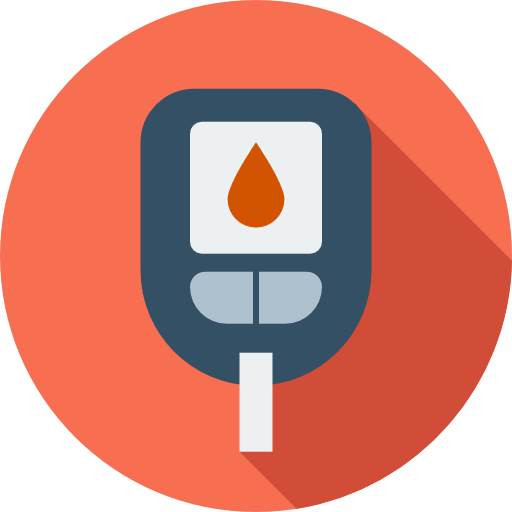
CARDIAC ILLNESS
Cardiac Illness, also called Cardiovascular disease (CVD) or heart disease includes numerous problems, many of which are related to a process called atherosclerosis. Cardiovascular disease (CVD) is a class of diseases that involve the heart or blood vessels. Cardiovascular disease includes coronary artery diseases (CAD) such as angina and myocardial infarction (commonly known as a heart attack). Other CVDs include stroke, heart failure, hypertensive heart disease, rheumatic heart disease, cardiomyopathy, heart arrhythmia, congenital heart disease, valvular heart disease, carditis, aortic aneurysms, peripheral artery disease, thromboembolic disease, and venous thrombosis.
Cardiomyopathy a Cardiomyopathy is a group of diseases that affect the heart muscle. Early on there may be few or no symptoms. Some people may have shortness of breath, feel tired, or have swelling of legs due to heart failure. An irregular heart beat may occur as well as fainting. Those affected are at an increased risk of sudden cardiac death.
Hypertensive heart disease Hypertensive heart disease includes a number of complications of high blood pressure that affect the heart. While there are several definitions of hypertensive heart disease in the medical literature, the term is most widely used in the context of the International Classification of Diseases (ICD) coding categories.
Heart failure Heart failure when the heart is unable to pump sufficiently to maintain blood flow to meet the body's needs. Signs and symptoms commonly include shortness of breath, excessive tiredness, and leg swelling. The shortness of breath is usually worse with exercise, while lying down, and may wake the person at night.[2] A limited ability to exercise is also a common feature.[12] Chest pain, including angina, does not typically occur due to heart failure.
Pulmonary heart disease Pulmonary heart disease, also known as cor pulmonale is the enlargement and failure of the right ventricle of the heart as a response to increased vascular resistance (such as from pulmonic stenosis) or high blood pressure in the lungs.
Congenital heart disease A congenital heart defect (CHD), is a problem in the structure of the heart that is present at birth. Signs and symptoms depend on the specific type of problem. Symptoms can vary from none to life-threatening. When present they may include rapid breathing, bluish skin, poor weight gain, and feeling tired.




